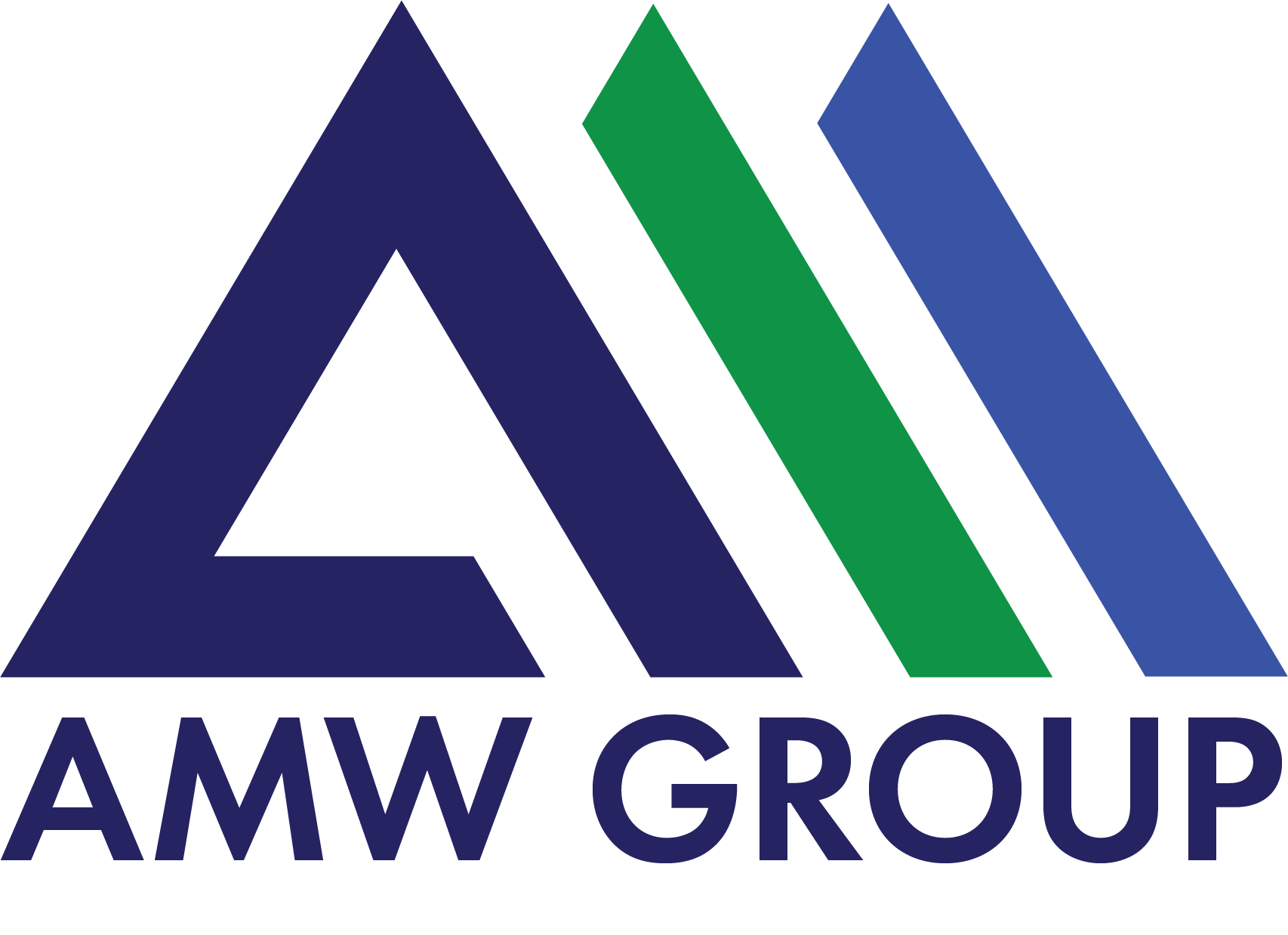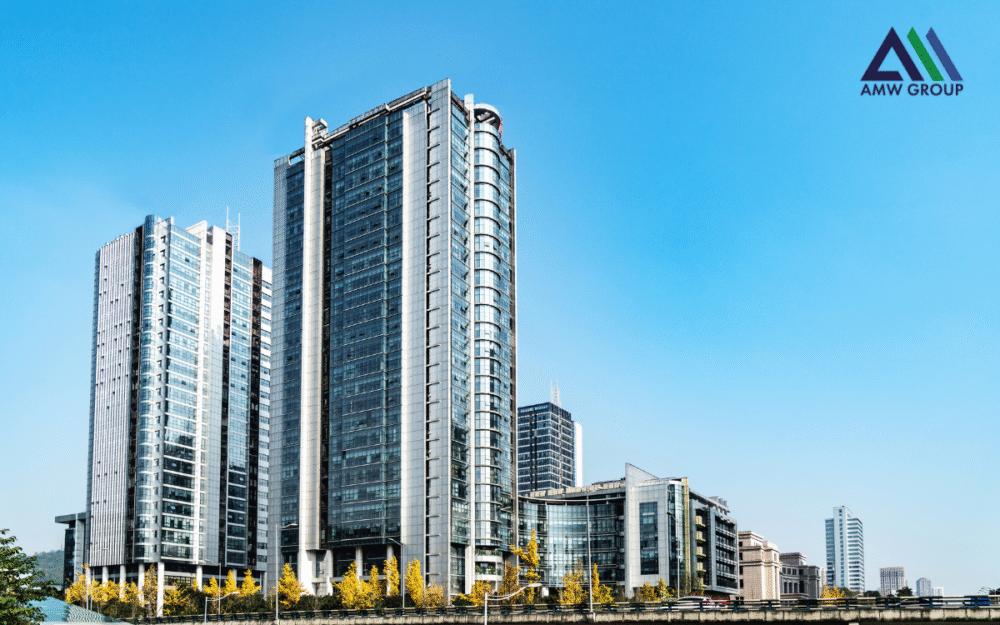Most businesses begin their journey in leased space. Leasing offers flexibility, minimal upfront investment, and room to adjust as your operations grow. Yet for many successful companies, there comes a time when signing another lease feels less like freedom and more like a limitation. The question becomes: Is it time to buy your own commercial property?
Owning your business location can transform your financial outlook. It turns rent payments into equity, stabilizes long-term costs, and gives you control over one of your company’s most valuable assets – its space. Still, purchasing property is not a decision to take lightly. Understanding when and why to make that move is essential for long-term success.
Why Do Most Businesses Start Out Leasing?
Leasing is a natural starting point for many small and mid-sized companies because it minimizes risk. A lease allows you to open your doors without a massive capital investment, and it keeps maintenance and property management responsibilities in someone else’s hands. For a business still finding its rhythm, flexibility is worth paying for.
It also gives you the freedom to expand, downsize, or relocate as your client base or staffing needs change. For young businesses, that agility can be invaluable. The trade-off, however, is that lease payments build no equity. You are, in effect, paying for someone else’s investment.
When Should a Business Consider Buying Commercial Property?
There is no one-size-fits-all answer, but several clear indicators suggest it may be time to explore ownership.
You may be ready to buy when:
- You have stable cash flow. Consistent revenue allows you to handle a mortgage, taxes, and maintenance costs.
- Your location is critical to your business. If customers or clients rely on your address or your visibility, buying locks in that advantage.
- You have been in the same space for several years. Longevity often means the location works well and that ownership could save money over time.
- You want to build equity and long-term wealth. Instead of paying rent, your monthly payments contribute to a tangible asset.
- You are facing rising rents. Many business owners buy simply to gain control over their expenses and avoid unpredictable lease increases.
Buying commercial property becomes especially attractive when you are confident about your business’s stability and future growth.
What Are the Financial Advantages of Owning Commercial Space?
The financial benefits of ownership often go beyond the surface appeal of “no more rent.” A commercial mortgage converts what was once an expense into an investment. Every monthly payment contributes to equity in a tangible asset that can appreciate over time. Ownership also creates cost stability. Instead of renegotiating a lease every few years, you can lock in a fixed mortgage payment that makes budgeting easier.
There are potential tax advantages as well. Mortgage interest, property taxes, and depreciation may all be deductible, depending on your situation. In some cases, a property can even become an additional income source if you lease out unused space to other businesses. Over time, these factors can turn your building into both a headquarters and a cornerstone of your wealth-building strategy.
What Are the Risks or Challenges of Buying Commercial Property?
Ownership is not without its challenges. Understanding them will help you make a smart, informed decision.
- Upfront costs: Purchasing requires a down payment, closing costs, and possibly renovations or upgrades.
- Maintenance responsibility: Unlike a lease, you are responsible for property repairs, upkeep, and insurance.
- Reduced flexibility: Selling or moving can take time, which may limit your ability to adapt to market changes.
- Market fluctuations: Property values can rise or fall depending on local economic trends.
Before purchasing, it is essential to analyze your company’s long-term goals, financial projections, and the stability of your industry. Working with a knowledgeable commercial real estate advisor helps you weigh the risks and identify properties that align with your objectives.
How Do You Know When Buying Makes More Financial Sense Than Leasing?
The best way to compare leasing and buying is through a long-term cost analysis. Consider your total expenses over the next decade (rent, maintenance, insurance, and potential rent increases) against what your mortgage, taxes, and upkeep would cost as an owner.
In many cases, leasing may appear cheaper in the short term but more expensive over time, particularly in markets where rents are rising quickly. Ownership can become more cost-effective after several years, once equity growth and tax deductions are factored in. For some business owners, it’s also about more than money. The permanence and security of owning your own building can bring peace of mind that leasing rarely provides.
What Financing Options Are Available for Buying Commercial Property?
Most business owners finance their purchase through a commercial mortgage. Common loan types include:
- Traditional commercial loans: Offered by banks, these typically require a 20 to 30 percent down payment and have fixed or variable interest rates.
- SBA 504 and 7(a) loans: Backed by the U.S. Small Business Administration, these loans require lower down payments (as little as 10 percent) and are ideal for small businesses.
- Owner financing: In some cases, sellers may offer financing directly to buyers, which can simplify the process.
Before applying, ensure your financial records are up to date and that your business has strong credit history, stable cash flow, and clear long-term plans.
Why Does Location Matter So Much in This Decision?
Location is one of the biggest factors in determining whether ownership is right for your business. A strong location enhances visibility, accessibility, and credibility. If your current address is integral to your customer base, locking it in through ownership can protect that advantage for years to come.
However, not all locations make equal sense for ownership. In fast-changing neighborhoods or industries where relocation might be necessary, buying could limit your flexibility. In a stable, established market like Cincinnati, ownership often aligns well with long-term growth. The city’s expanding commercial corridors, redevelopment initiatives, and growing small-business ecosystem make it an appealing environment for business owners looking to invest in property.
What Are the Long-Term Business Benefits of Property Ownership?
Owning your commercial space can fundamentally shift the way your business operates. It provides a sense of permanence and control. You can customize your building to reflect your brand, accommodate specific workflows, and create an environment that supports employee satisfaction and customer experience.
From a financial standpoint, property ownership strengthens your balance sheet. The equity you build becomes a valuable asset that can be leveraged for future financing or expansion. It also enhances credibility with investors, lenders, and clients, signaling long-term commitment and stability.
Frequently Asked Questions
1. What types of businesses benefit most from owning property?
Companies with stable operations and location-dependent needs—such as professional services, manufacturing, and medical practices—often benefit most. Businesses that expect to remain in one place for many years gain the most financial advantage from ownership.
2. Can buying property limit future growth?
It can if the property quickly becomes too small or unsuitable for your evolving needs. However, many owners choose properties with extra space for expansion or rent out unused areas until needed.
3. How long should I plan to keep the property?
Most experts recommend holding commercial real estate for at least seven to ten years to fully realize equity gains and offset acquisition costs.
4. What is the difference between an owner-occupied property and an investment property?
An owner-occupied property is used primarily for your own business operations, while an investment property is rented out to tenants. Some business owners purchase mixed-use buildings that allow them to do both.
How can AMW Group help me transition from leasing to owning?
AMW Group specializes in helping business owners identify the right time and property to move into ownership. Our team provides market research, financial guidance, and negotiation expertise to ensure a smooth transition from tenant to owner.
If you are considering purchasing commercial property in Cincinnati or beyond, reach out to us today. Our team will guide you through every stage of the buying process with clarity and confidence.

